The Staircase follows the life of novelist, Michael Peterson, and the mysterious death of his wife, Kathleen, at the bottom of the stairs. Despite maintaining his innocence, suspicions of foul play arise, prompting an an exhaustive legal battle against Michael, which piques the interest of French documentarians. Based on the infamous case that swept the world, this HBO drama explores a side to the Peterson household previously unseen.
In this Goggler exclusive, we speak to actors Vincent Vermignon and Tim Guinee on their points of reference in The Staircase and whether objectivity was crucial to playing their characters.
Umapagan Ampikaipakan: We don’t meet the filmmakers in the original documentary series of The Staircase and I was wondering what your point of reference was. Did you speak to them at all Vincent?
Vincent Vermignon: I was lucky enough to meet up with somebody that inspired the part. I met up with him like two or three times. And I had a chance to talk with him before going to Atlanta. I learned a lot about the character and how he works. Being a documentary, you have to find the right distance with the people you film. You have to be discreet enough to have your cameras around them, but at the same time, you have to be able to create a rapport with them in order to ask them some questions to keep your movie going. It was a very simple line to find. And I had a great time doing that.
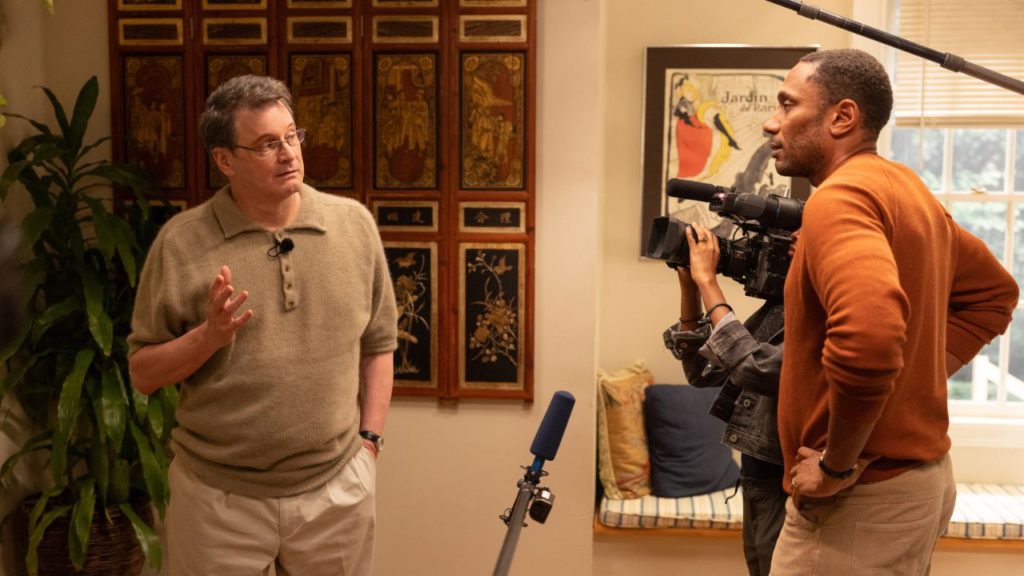
UA: What about you, Tim? Did you get a chance to meet the real Bill Peterson?
Tim Guinee: I was also very, very lucky in that Bill Peterson made himself available to me and spent time on the phone. And I won’t tell you the things he told me because they were told in confidence, but he was fabulously open and giving. I couldn’t believe how open he was about the whole thing. So that was sort of my gift. And then there was Colin Firth. To play brothers, and to have somebody who you could be stupid with the way brothers are, which Colin and I found in each other, was really, really fun and wonderful.
UA: Tim, it felt like you had an incredibly difficult part because your character has to maintain a sense of stoicism as a lawyer, but at the same time be an uncle and a brother. Is objectivity important to you when you take on a part like this? Does that affect your method at all?
TG: It’s such an interesting question because this series looks at things like Rashomon. I mean, it’s coming from a lot of different angles. So you actually had to sort of have a different objectivity depending where the stories were.
To me, this whole show is about objectivity. Can any of us ever find objectivity? Can any of us find clarity? What is justice? Is it possible? Even talking, as Vincent and I did, with the people we were lucky enough to play is a dangerous thing, because sometimes people can have a certain kind of legacy curation that they do. As Vincent and I are doing with you guys right now. We’re putting our best… I mean, Vincent spent hours in make-up to put his best work forward.
But it’s a great question. I think you try and get as close as you can. You try and find an emotional connection where you can. As you said, in my opinion, Bill was the person most aware that the documentary could be a disaster. So when you see him in the documentary, he’s very buttoned up. But what were any of those people like the moment the documentary camera turned off? And that’s one of the great things the series explores. What’s happening when Vincent’s character walks out the door. I don’t know if that’s an answer. But it’s a fabulous question, though.

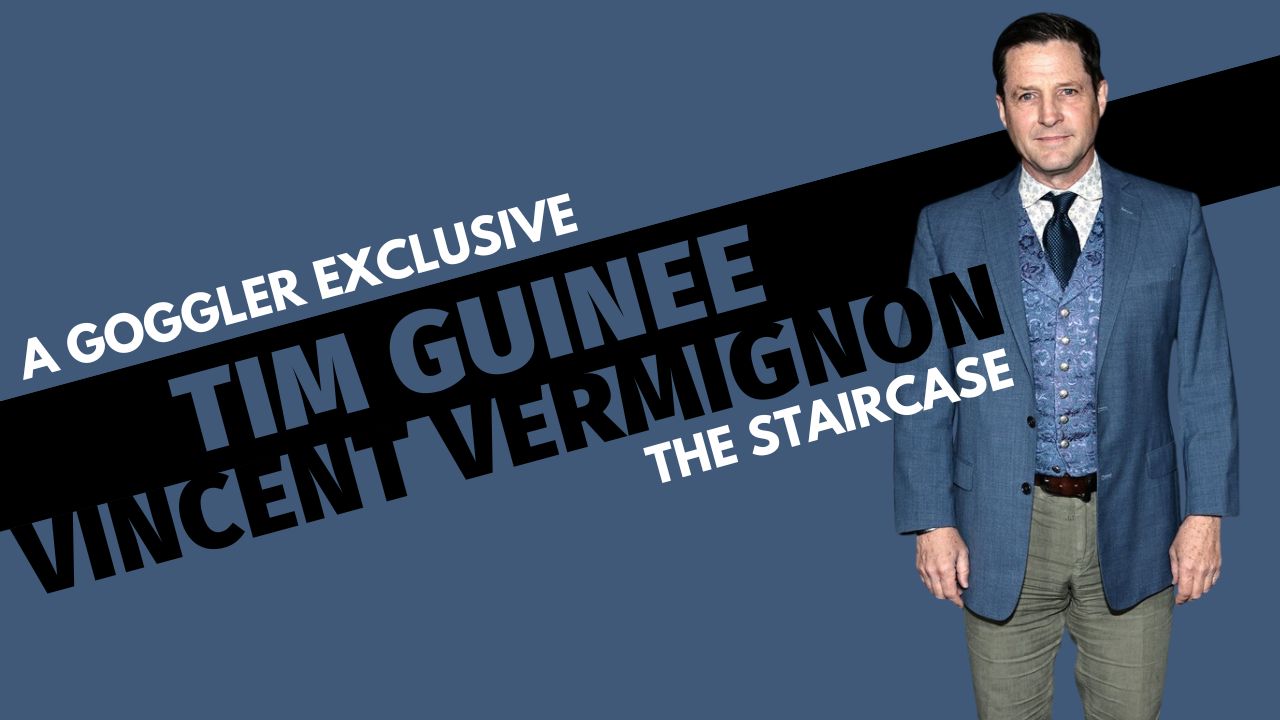
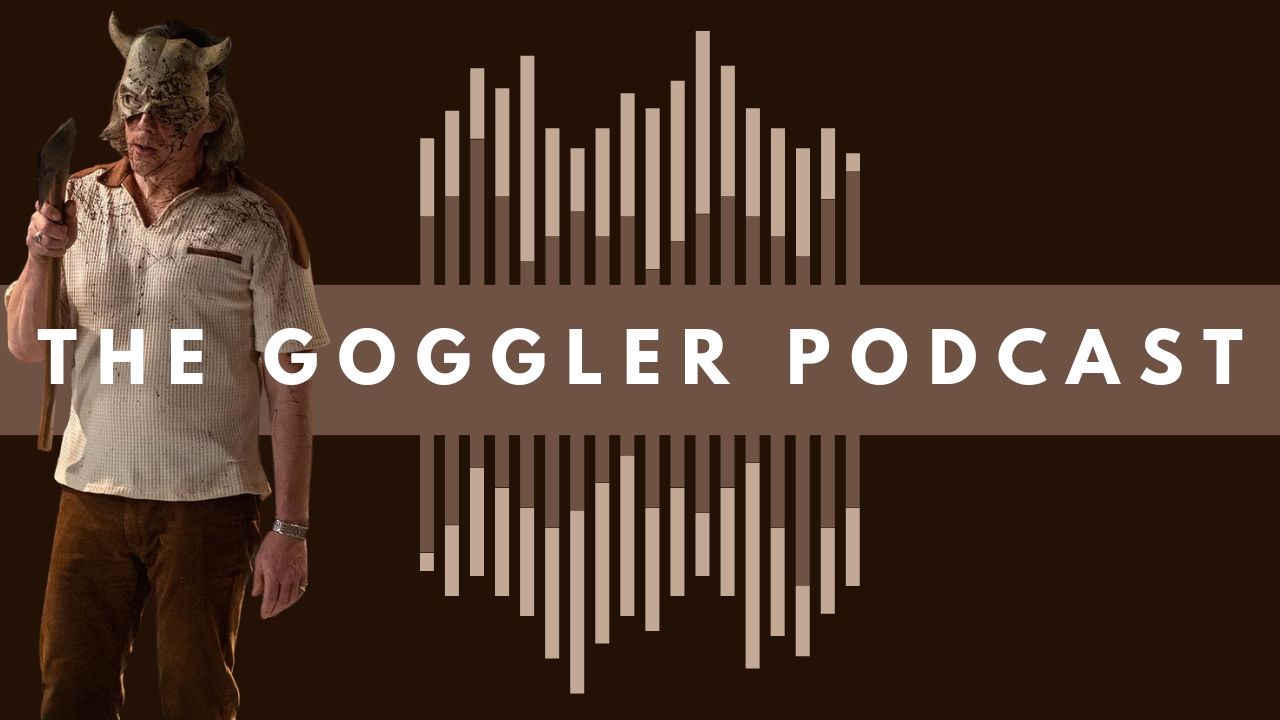

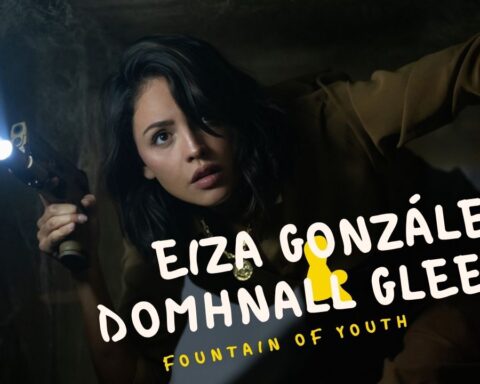
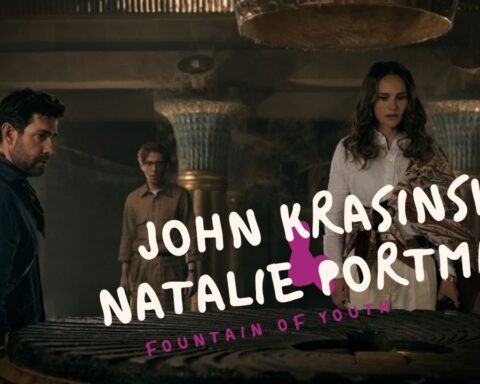
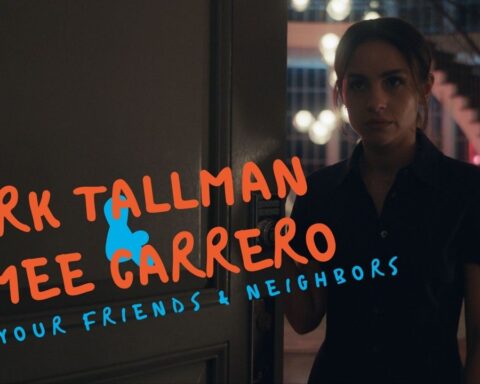
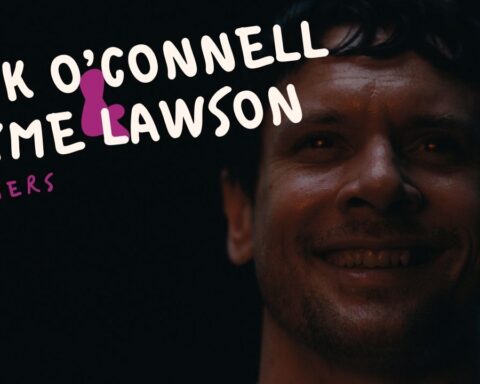
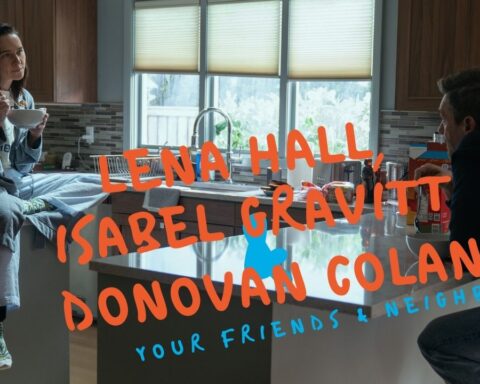
Follow Us